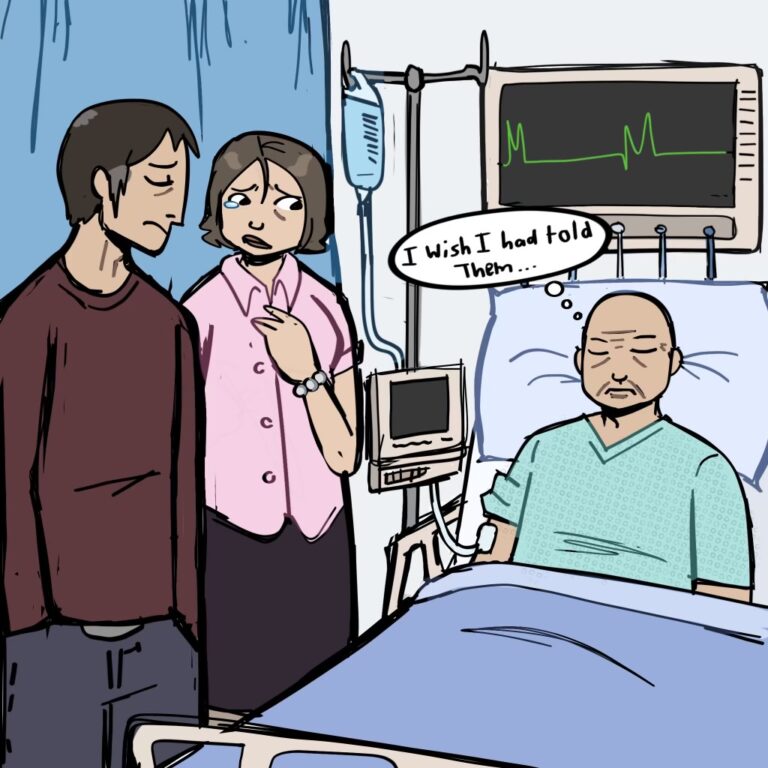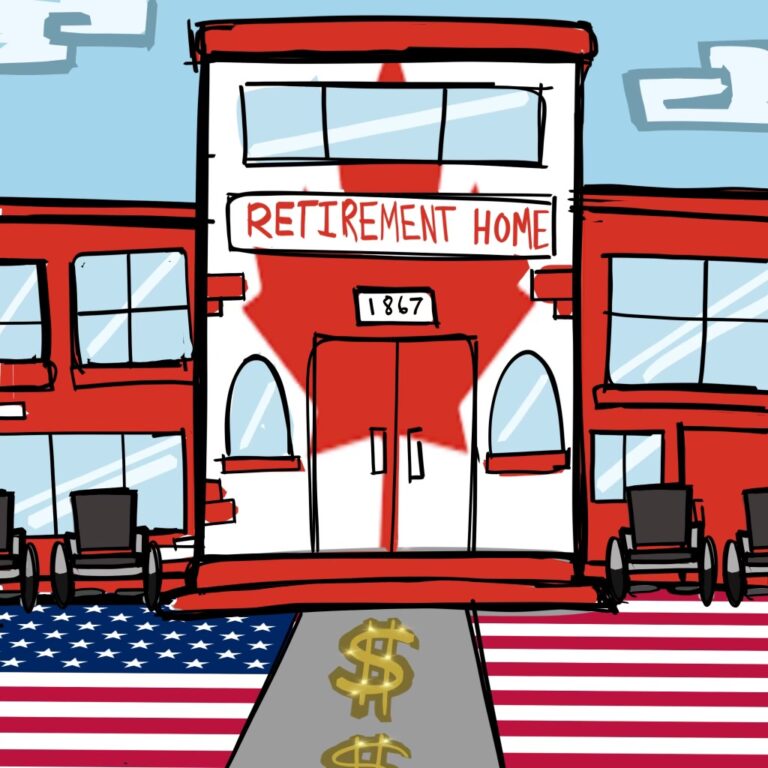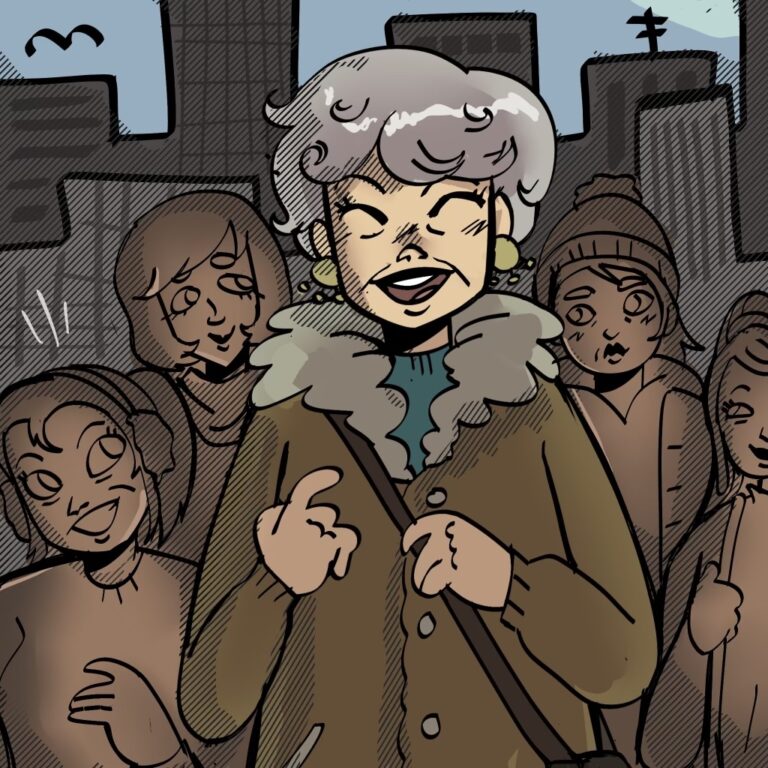I know I have mentioned this before – but I had a doula when my daughter was born and the words she used to explain what she does for her clients, changed my life.
“Having a baby is something you do – not something that happens to you. Lean into it. You are giving birth. It’s an action. If you try to avoid contractions they are worse! If, however, you change your mindset, hop onto the contraction and ride it like a wave – I guaranty that you will not have the same experience.”
I listened and did what she said, and guess what? It still hurt like a M*&%^$@F*@*&^ HOWEVER, giving birth while leaning into it, became the most empowering thing I had ever done in my life. Of course, I was so very lucky in that I had no complications but that beautiful, painful, messy, exalting experience helped me re-think other life changing experiences and how we could all benefit from this shift in attitude:
- 1. Aging is one of them. We, at Discerning Seniors, are always promoting the notion of planning for your care years so that people are not simply reacting to a crisis but leaning in to their senior years, leaning in to needing different supports that will help them live their best lives.
- 2. Another one is dying. Does anyone remember that scene in St-Elmo’s Fire when Rob Lowe’s character is having dinner with Mare Winningham’s family and her mom says: “Did you hear about Betty? Cancer.” Where cancer is whispered across the table to the rest of the dinner guests seated there. You see, her mom believes that the word is too horrible and too powerful to utter so she whispers it – lest saying it outloud manifested it somehow.
That seems a little ridiculous yet many people still treat dying the same way; as if not talking about it will make it go away…or worse…as if talking about it will speed up its arrival.
Shrouding things in secrecy and shame is just about the worst thing one can do in life. It is sure to get you stuck. Openness and talk are essential to living well at every stage.
Dying is natural AND inevitable.
So, why not talk about it and plan on doing it in the best way we can and in a way that will not bolster this hurtful and terrifying western habit.
To that end (pun intended) I would like you to meet my friend,
Tammy Faulds. She’s a certified Life Coach, Grief Coach, and Death Doula who also believes that talking about death is necessary. That is precisely why she’s sharing a bit of info with us.
We’ve had the pleasure and privilege of recommending Tammy to many of our clients. She has been a tremendous resource for us and for all of our clients.

Photo: Tammy Faulds
From Tammy:
A death doula is an ancient practice that’s recently been reemerging in modern society. Also known as an End-Of-Life (EOL) Planner, Death Midwife, or Death Worker, I like to think of us as a calming beacon of light and support both to the person who is dying and their family throughout the dying process (meaning pre, during, and post). We bring knowledge, presence, and practical skills to a devastating and often confusing time.
If you’re familiar with a birth doula there are actually a lot of similarities between the two. The word ‘doula’ is Greek for servant or helper and just as a birth doula supports during the labour process, a death doula supports during the dying process.
- We both trust that the body knows what to do.
- ALL of us are born and ALL of us will die.
- We prefer not to talk about the nitty, gritty details (we’re often just as freaked out about placentas as we are about ‘death rattles’). **
- We love to show up with a plan and it’s a good idea to have one without getting attached to it because in both cases mother nature often has her own plan.
- We don’t know how long either process will take when happening naturally.
- Babies gain their faculties one by one and the dying lose their faculties one by one until they eventually slip into a comatose state, lose their human BEingness and die.
In both birth and death, the doula’s role is to help provide a safe space for a natural process to happen.
You know that saying “…in this world nothing can be said to be certain, except death and taxes?” Well, it’s true. The one thing we know for sure is that we will all die but the when, where, why, how, and what (if anything) comes next are all up in the air.
And where there is uncertainty there is often fear.
Death can be messy, uncomfortable, confusing, and painful (although modern medicine helps immensely with that). We feel vulnerable and rocked by a potent cocktail of mixed emotions. Death doulas provide support and empowerment during this overwhelming time. Because it’s possible for death to also be a beautiful experience.
It’s also important to acknowledge that the way we deal with death in our western society doesn’t benefit most people. We live in a death-denying culture. This means at the heart of death work lies activism. We know people can have a different experience and we advocate for their needs and desires to be honoured as much as possible. Death work is activism + LOVE.
There are a lot of similarities between life coaching and being a death doula. For both it’s about being supportive, staying curious, asking questions, empowering the person to make the best choices for them, being a witness, remembering there’s nothing to fix, deep listening, presence, holding space, pointing to resources, helping sift through options and being an ocean of love in a challenging time.
Always your advocate
Many people wonder if you need to share the same beliefs as the death doula you work with. And the good news is that you don’t! It’s about supporting and advocating for whatever the dying person wants for THEIR death – it’s not about the family’s (or the doula’s) beliefs.
The death doula is there to advocate for the dying person’s wishes because sometimes their loved ones get caught up in the intensity of their own emotions. It’s hard to be IN your grief and be a good advocate. Death doulas are there to give everyone a little peace of mind that wishes are being honoured and provide support throughout the dying process.
If you’ve got questions about death doulas, I’d love to answer! My hope is that I/we can help normalize the conversation around death and dying so that we can lessen the struggles we have with death, understand death better, and realize how death is one of the greatest teachers in how to live our LIFE. One of the very first steps you can take is to start using the words death and dying in conversation. Euphemisms like “passed away”, “put to rest”, and “lost the battle”, all serve to only make this one certainty in life more confusing.
Take a look at :
Inner Travel Grief Coaching™
https://innertravelcoaching.com
Follow me online on Instagram or Facebook
And you can reach me at: hello@innertravelcoaching.com




